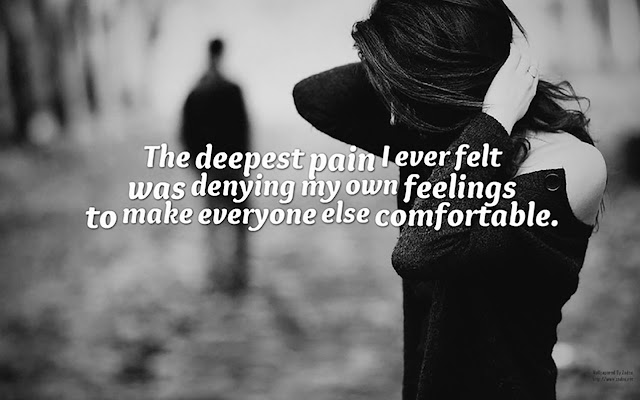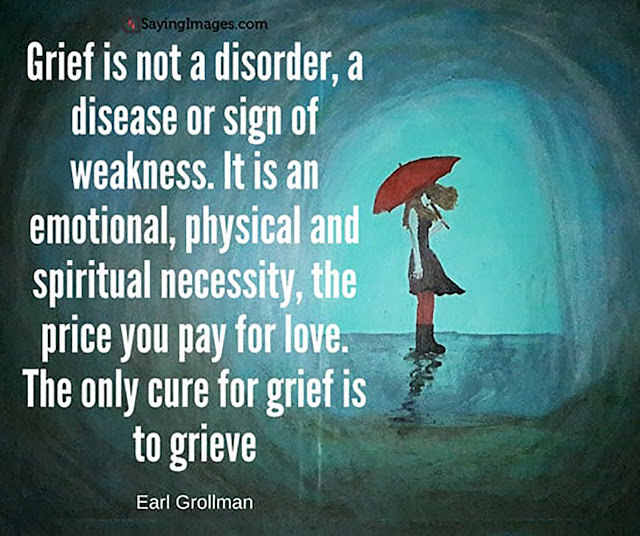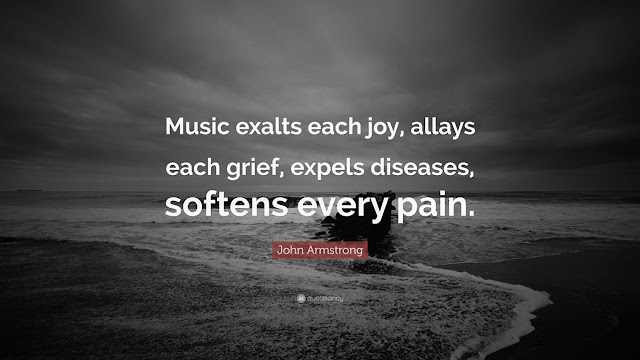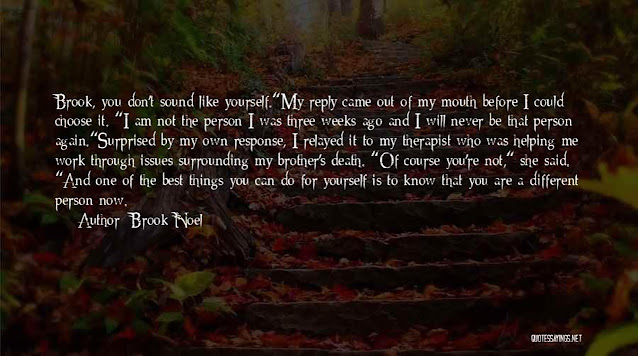Around my neck of the woods, it’s the season of “holiday cheer.” But frankly, I’m not seeing a whole bunch of bright, sparkly people out and about, having a real good time. That may partly be because (when I go out at all) I tend to hang out with people smart enough to wear masks. I can’t see their smiles, if they are smiling. If they are, that’s nice. But if they aren’t, that’s all right, too. It’s okay to feel what we feel.
Almost exactly a year ago, I wrote a blog post titled “A Season of Small Bright Spots.” I sought out hopeful stories because I am by nature a hopeful, and generally optimistic, person. I thought that in the midst of “the COVID-19 winter” (I was assuming there would only be one), finding reasons to stay hopeful was a good idea. It still is. And there are still reasons for hope.
But as we crank up for a second COVID-19 winter, I also want to say that it’s okay to feel what we feel. If you're “merry and bright,” that’s awesome! Congratulations, and don’t let anybody cast aspersions on your joy!
Truth is, however, a lot of us are having trouble getting there, this year. Me included.
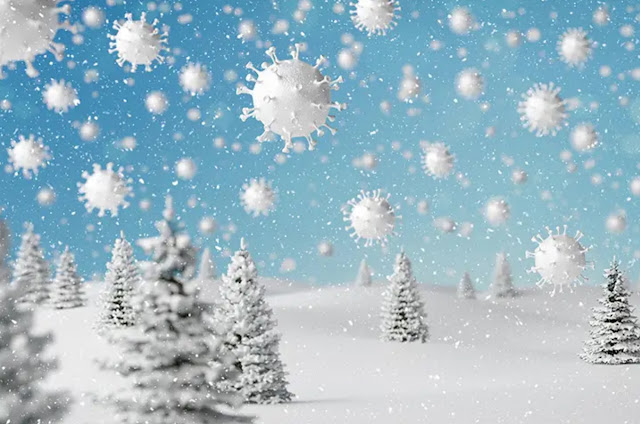 |
| An uncredited illustration I found on Medpage Today and used in my December 2020 post “A Season of Small Bright Spots.” |
Exhaustion
We can be forgiven for feeling exhausted. Especially those among us in the health care sector have carried far more than a fair share of the burdens that never seem to end. My husband worked in an extremely busy lab until his retirement earlier this year, and my daughter recently secured a certification in health care, so I am “closely adjacent” to that overburdened sector.
To the anti-vaccine holdouts across the USA let me just say: Y’all please get vaxxed and boosted so we can end this thing before it ends all of us. And thank you to everyone else who already did take those measures.
 |
| Quote image from Brookings. |
Heavy Burdens for All
I’m not sure how teachers continue to cope, either. Between the historically chronic under-resourcing of time, funding, and facilities, combined with the most bizarre teaching environment in living memory, I’m surprised there’s anyone left in the field. Except, kids need to learn and teachers need to teach. God bless you all.
 |
| Both quotes are from an excellent article in the Tulsa World. |
A deadly pestilence has spread everywhere, and it’s ravaging the immune-compromised (and the misinformed) among us to a catastrophic degree. Complications from the seemingly-endless pandemic have snarled our supply chains, spiked inflation, and exacerbated food insecurity.
The exhaustion spreads much farther, of course. Maybe you’re a front-line worker living in daily danger just so our grocery shelves stay stocked, our deliveries get made, or our community services keep working. But you don’t have to be one, to be exhausted. Every single one of us carries heavier burdens these days, and it’s okay to feel what we feel.
 |
| From AZ Quotes. |
Fear and Division
Meanwhile, one of our major political parties in my country has been taken over by death-cultists, insurrectionists, and white supremacists. It used to be a party of community-oriented, business-centric, mostly-responsible old white men. Now it fields “public servants” like the ones in Missouri who are trying to kill as many school children as possible. That is for sure scary.
So are the unmasked (yes, pun intended) efforts to subvert voting rights and election integrity, in service of keeping a dwindling minority in power. So they can . . . force young women to have babies they can’t support, in the name of the party of . . . personal liberty?
 |
| Quote image courtesy of BukRate. |
Oh, yes, and so they can provide a continuing drag on efforts to mitigate climate change. In case we weren’t beleaguered enough already, there is always the existential threat posed by climate-driven superstorms. No one can argue that this month’s historic tornadoes and recent hurricane seasons were “normal. Not scary enough? How about extreme drought and ever-longer wildfire seasons? We’ve now got those, too. “Thanks,” climate-change deniers.
 |
| See credits below. |
It’s okay to feel what we feel, because our fear is justified. We can’t allow fear to destroy us, but maybe it can motivate us to push harder for necessary changes.
Grief
God help us, we have plenty of reasons to grieve. As I write this, we’ve had 805,112 COVID deaths in the United States, per the CDC, and 5,384,178 from COVID worldwide, as reported by “Worldometers.” By the time you read this there will have been all too many more. Of course, COVID isn’t the only health issue out there that’s killing people.
Among all the other dangers in the world, we’re also murdering each other at an astonishing rate, especially in the United States, where it’s easier to buy a gun than it is to legally drive a car.
And let us not forget the frightful toll of famine throughout the world. Food insecurity is widespread in the USA, but we’re far from the worst-case scenario. We could be living (or struggling to) in The Democratic Republic of Congo, Yemen, South Sudan, Syria, and more.
More to Grieve than Deaths
Egregious as they are, all the unnecessary “extra” deaths aren’t the only losses to grieve. We could be fleeing widespread violence and climate disaster, only to be penned up in squalid COVID hotspots at an international border. Or subject to slavery, torture, and genocide in “re-education” camps, at the hands of other authoritarian governments, or in failed states.
We may be climate refugees who’ve had to flee our homes. Or we may have been priced out of homes in our communities. We may have lost our beloved small businesses and personal financial resources during the pandemic. Political tensions and other stresses may have torn our families apart. (Yeah, Merry Christmas to you, too).
 |
| Many thanks to QuotesLyfe. |
It’s Okay to Feel What We Feel
Is it any surprise our children are struggling with mental health issues? If we’re honest, most of us are. So seriously. It’s okay to feel what we feel. In fact, stepping past denial and letting ourselves feel whatever we truly feel is the first step toward healing.
A reader new to this blog could be forgiven for having started to doubt my earlier claim that “I am by nature a hopeful, and generally optimistic, person.” This post has been pretty much of a downer. But we can’t successfully fight an enemy if we can’t name it, and we can’t overcome an evil if we can’t describe it. Given the misinformation abroad in the world and in our popular media, identifying the sources of our perils accurately is more of a problem than it should be.
We can’t help how we feel. Bug we can help what we do with how we feel. We must have the courage to face our situation, before we can do anything about it. It’s a vital first step. Only then can we can educate ourselves and start to build a stronger future out of the rubble all around us.
So, it’s okay to feel what we feel. In fact, it’s more than “okay.” It’s absolutely essential.
IMAGE CREDITS
I used the first illustration last year in my post “A Season of Small Bright Spots.” I found the uncredited illustration on Medpage Today. And it really bums me out that it’s appropriate again.
The quote image of Andrea the ICU Housekeeper is from the Brookings article, “Essential but Undervalued,” about the forgotten and underpaid front-line health care workers who keep hospitals running. I wanted to include both quotes from Oklahoma teachers. It was very hard to choose from among 20 insightful teacher-quotes in a Tulsa World article from July 2020. Many thanks to AZ Quotes, for the wisdom of David K. Shipler, and to Bukrate for the timeless Hannah Arendt quote.
Deepest appreciation to Greta Thunberg for her iconic and straight-to the-heart words, to Wikipedia for making them available, and to the AP via the Los Angeles Times for the photo of Greta at the UN (I assembled the image-quote). And finally, I’m indebted to QuotesLyfe for the quote from poet, author, and founder of Icetratt Foundation for Social Investments, Oscar Auliq-Ice. Many thanks to all!

